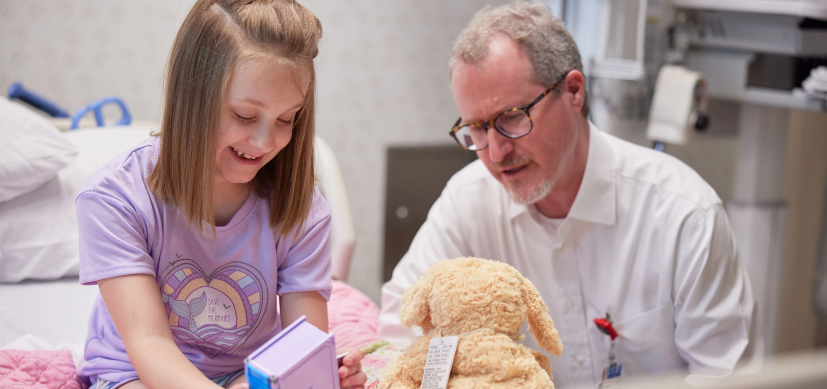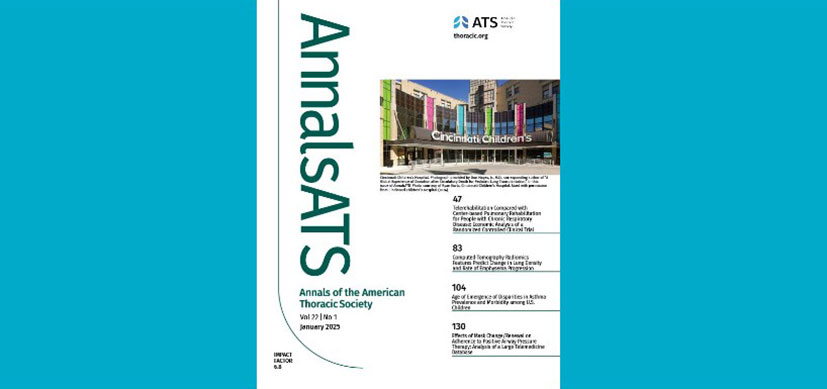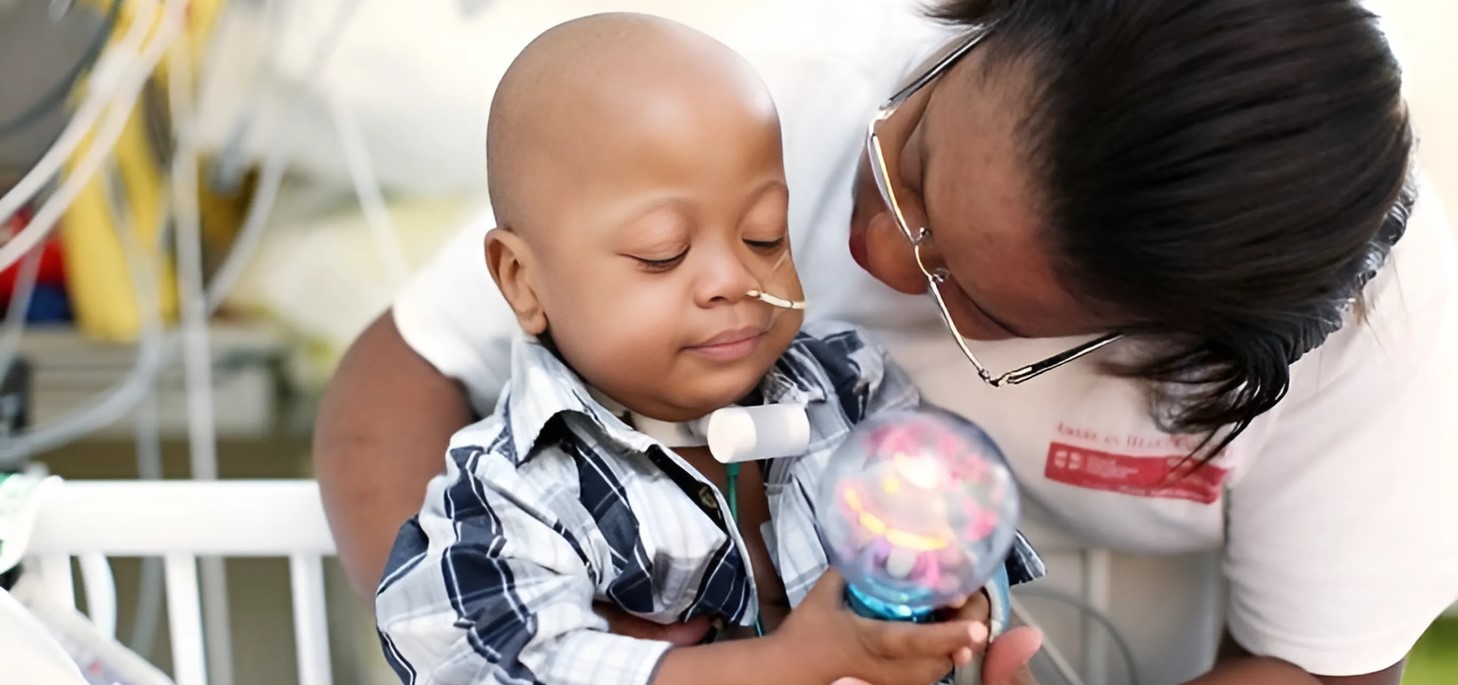How Neuroimaging Illuminates Links Between CHD and Mental Health
Research By: Nadine Kasparian, PhD, MAPS
Post Date: February 12, 2024 | Publish Date: Dec. 5, 2023
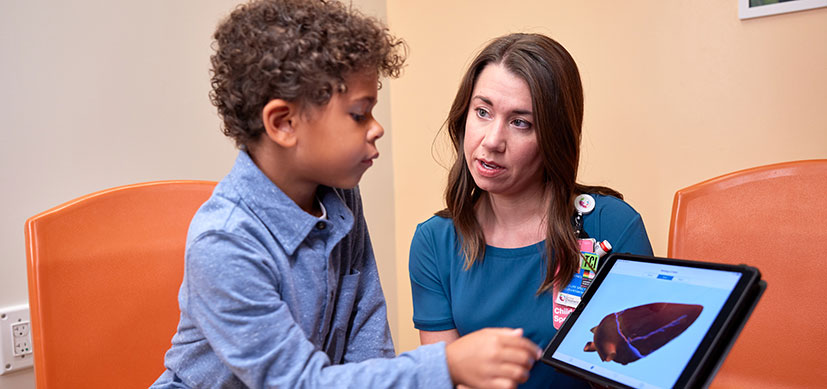
With advances in cardiovascular medicine, infants born with congenital heart disease (CHD) are surviving at higher rates. This had led researchers to focus their attention on how these conditions affect individuals throughout childhood and into adulthood, especially when it comes to their mental health.
Researchers at Cincinnati Children’s, led by Nadine Kasparian, PhD, as well as Sydney Children’s Hospitals Network, Boston Children’s Hospital, UCLA and Children’s Hospital Los Angeles, have published a “State-of-the-Art Review” in the Journal of the American College of Cardiology investigating how neuroimaging findings and mental health outcomes may be linked across life for individuals with complex CHD. The article was published online Dec. 5, 2023.
“Medical and surgical advances have dramatically improved survival rates for babies with congenital heart disease and while many demonstrate tremendous resilience, research also shows children born with heart disease have a greater risk of neurodevelopmental and mental health conditions,” Kasparian says. “We are working to understand why with greater precision.”
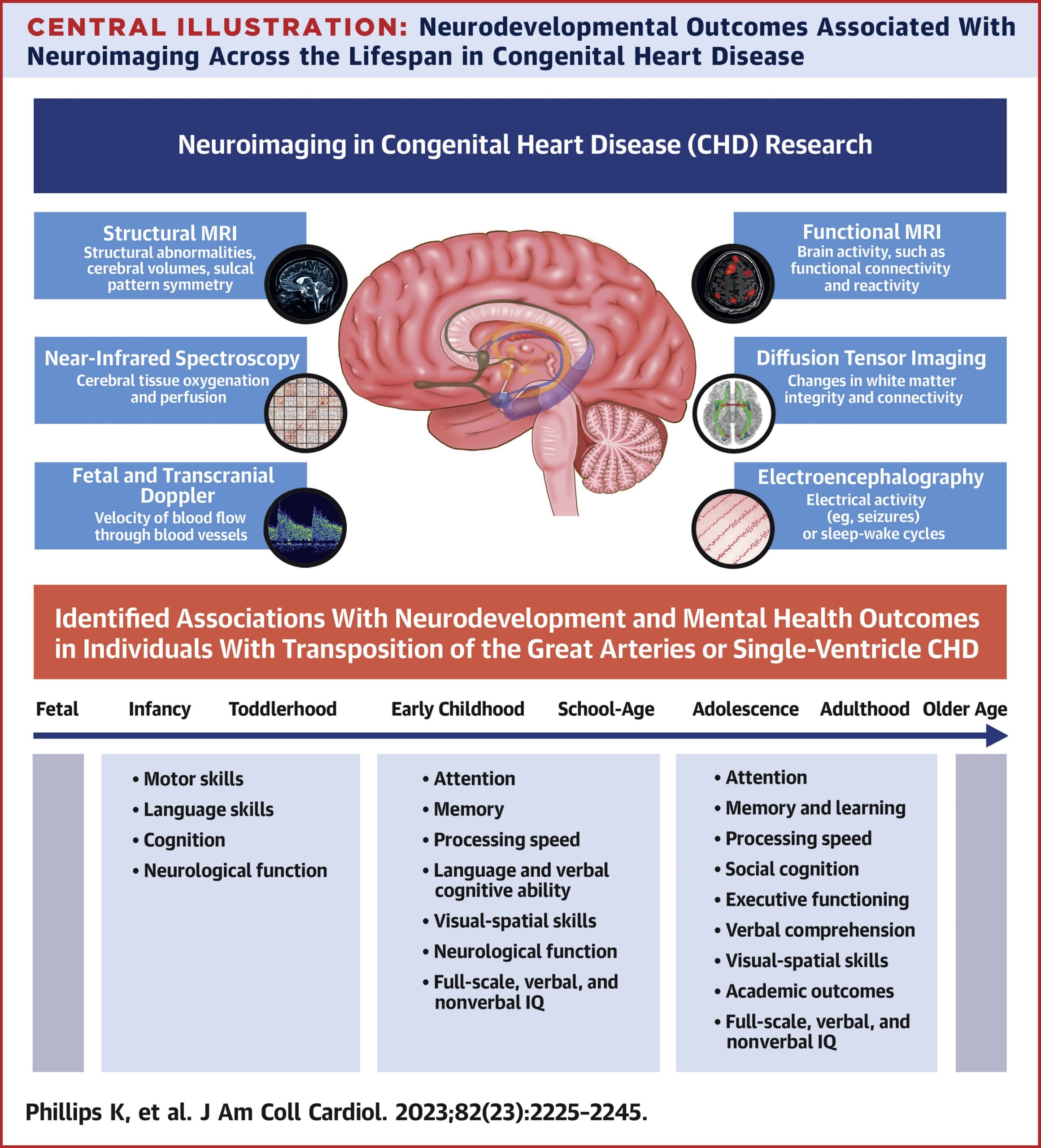
The goal of the review was to optimize clinical care and guide future research by systematically synthesizing existing evidence on the associations between neuroimaging and neurocognitive, psychiatric, and behavioral outcomes among individuals with complex CHD, including single-ventricle CHD or transposition of the great arteries (TGA).
The team investigated the value of using structural and functional magnetic resonance imaging (MRI) and other techniques to predict neurocognitive and mental health outcomes. They also explored potential differences in outcomes across age and developmental stages, including infancy, early and later childhood, adolescence, and adulthood, as well as CHD types – TGA vs single-ventricle CHD.
Described by JACC Editor-in-Chief Valentin Fuster, MD, PhD, as a “meticulous and important study,” the research team comprehensively searched six electronic databases to identify and synthesize data from 45 papers from 25 unique studies.
“The research shows structural brain injury is linked to neurodevelopmental difficulties in infants with congenital heart disease,” Kasparian says. “We are increasingly learning how microstructural and functional brain changes are linked to neurocognitive outcomes, such as attention and learning, in childhood and adolescence, and with this comes opportunities to improve future outcomes for children with heart disease.”
Given the differing methodologies and findings across the studies examined, Kasparian and colleagues emphasized that consistent approaches will be key to replicating and confirming initial findings. More fetal studies, functional neuroimaging studies, and studies examining mental health outcomes are especially needed.
Early intervention can help mitigate the potential mental health burden of growing up with congenital heart disease. Cincinnati Children’s launched its Heart and Mind Wellbeing Center in February 2023 to help children, teens and adults with heart disease and their families manage times of difficulty or uncertainty, regain a sense of hope and control, and improve their overall health and wellbeing. Learn more about this program.
Since the review article was published, Katelyn Phillips–first author and PhD student–has received an award for most outstanding presentation by a third-year PhD student in Pediatrics at UNSW Sydney.
Listen to a podcast about this work by JACC Editor-in-Chief Valentin Fuster, MD, PhD.
To find out more about Kasparian’s research, visit her lab website.
| Original title: | Neuroimaging and Neurodevelopmental Outcomes Among Individuals With Complex Congenital Heart Disease: JACC State-of-the-Art Review |
| Published in: | Journal of the American College of Cardiology |
| Publish date: | Dec. 5, 2023 |
Research By

In the Kasparian Lab, we are interested in how early life experiences influence emotional, neurobiological and cognitive development throughout childhood, adolescence and adulthood.



